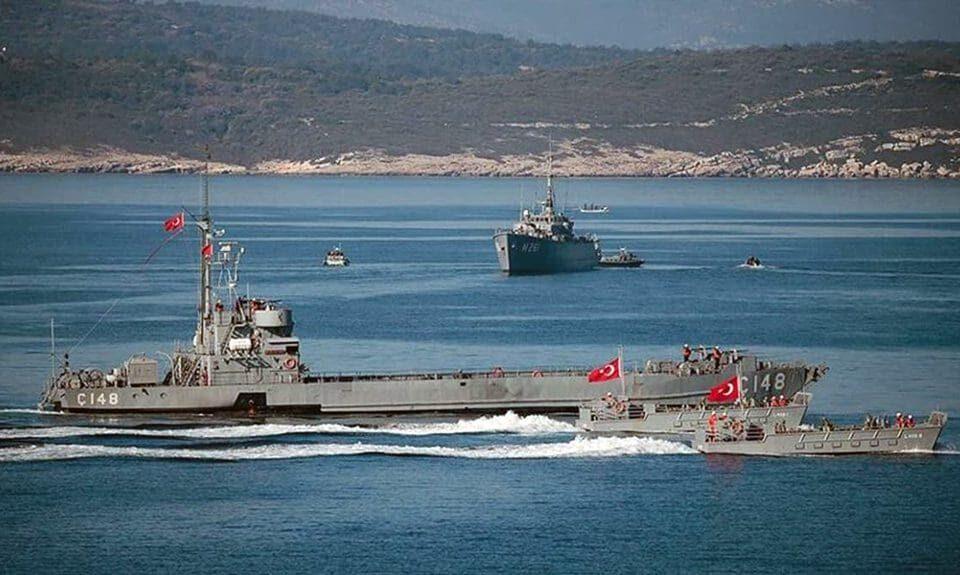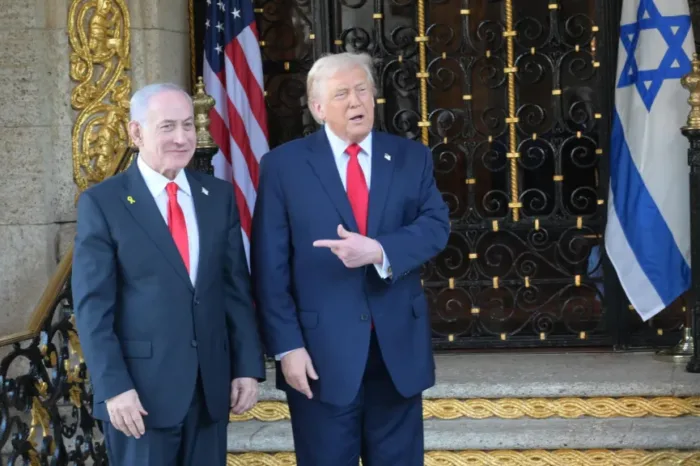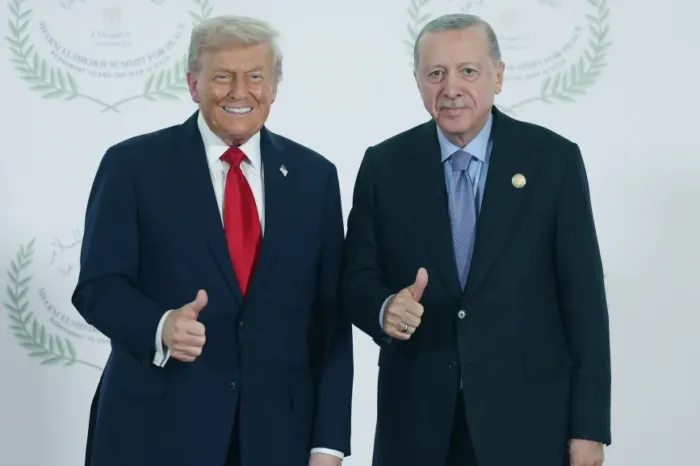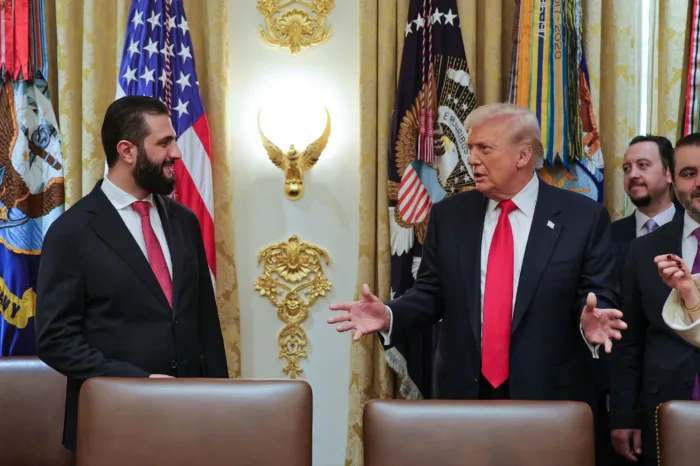A short pause in Eastern Mediterranean tension

Tensions in the Eastern Mediterranean have escalated in recent days amid Greek concerns over Turkey’s decision to issue a NAVTEX for the research vessel Oruç Reis to start drilling near the island of Kastellorizo. Athens, claiming that Ankara had violated Greece’s continental shelf, issued a counter-NAVTEX and placed its navy on high alert. Turkey rejected the Greek claim, reaffirming that the islands, including Kastellorizo, did not have a continental shelf, and deployed 15 warships to the area.
The two countries already have a range of disagreements pertaining to their respective continental shelves in the Aegean Sea, the militarization of some islands and the island of Cyprus. The recent dispute over the delimitation of maritime jurisdictions in the Eastern Mediterranean further complicated the situation and made a military confrontation more likely.
Although a war scare erupted on Tuesday, as Turkish and Greek military vessels faced each other at sea, this is time for a brief intermission. German Chancellor Angela Merkel’s phone diplomacy with President Recep Tayyip Erdoğan and Greek Prime Minister Kyriakos Mitsotakis helped de-escalate tensions. Merkel, in her capacity as the European Union’s rotating leader, favors a negotiated settlement between Ankara and Athens. In contrast, France, whose influence in Libya has been undermined by the repeated defeats of putschist Gen. Khalifa Haftar, stands with Greece and hopes to get the EU to sanction Turkey.
For the record, Turkey will stand its ground on the Eastern Mediterranean energy reserve issue, even if sanctions are applied.
Paris not only plays into Russia’s hands in Libya, at the expense of European and NATO interests but also fuels tensions between Turkey and Greece in the Eastern Mediterranean. Merkel, who, unlike the French president, has been leading Europe in a responsible manner, hopes to rekindle the relationship between Turkey and the EU. Whereas Emmanuel Macron pledges to prevent the bloc from outsourcing Eastern Mediterranean security to Turkey and other players, the German chancellor stresses the importance of Turkey-EU relations for Europe’s future. Other EU members, too, oppose Macron’s push for sanctions against Turkey. They have no interest in letting France use them in its fight against Turkey over Libya and the Eastern Mediterranean.
Hence Merkel’s emergence as a broker between Ankara and Athens. The German leader would like to make progress regarding an updated refugee deal, additional financial support, the customs union’s revision and visa liberalization. For this purpose, she wants to de-escalate tensions and facilitate talks between Turkey and Greece. Merkel’s approach received a warm welcome in Ankara, where officials are likely to give her some time to figure things out. In that sense, a sudden de-escalation should not be surprising, which would lead to drilling activities being relocated to undisputed areas.
Let’s face the facts: It is unlikely for Turkey and Greece to sort out their various problems in the short run. At the heart of their disagreement are Greece’s maximalist demands and the European Union’s support for Athens. It was a grave mistake to admit the Greek Cypriots, who vetoed the Annan Plan back in 2004, into the European Union – in violation of international agreements. Negotiations for Cyprus still fail to yield results due to that mistake.
Today, once again, Turkey is being excluded from deals and projects – even though negotiations over the fair distribution of East Mediterranean energy reserves would represent an affirmative agenda. Ankara already established that it would not allow itself to be imprisoned in the Gulf of Antalya by concluding two agreements with Libya in November 2019. In this sense, Greece and France would accomplish nothing – except to weaken NATO and the EU – by attempting to use organizations to target Turkey. Instead, all European governments must support Merkel’s positive steps.
Tension in the Eastern Mediterranean has given way to a brief intermission. If the German chancellor fails, the tension between Turkey and Greece will return in all areas including the Aegean Sea, Cyprus and the Eastern Mediterranean.
This article was first published by Daily Sabah on July 25, 2020.























